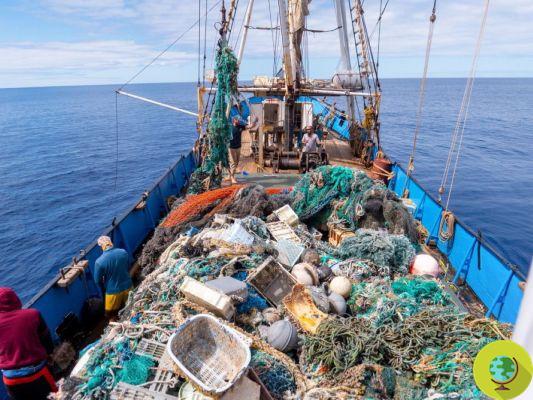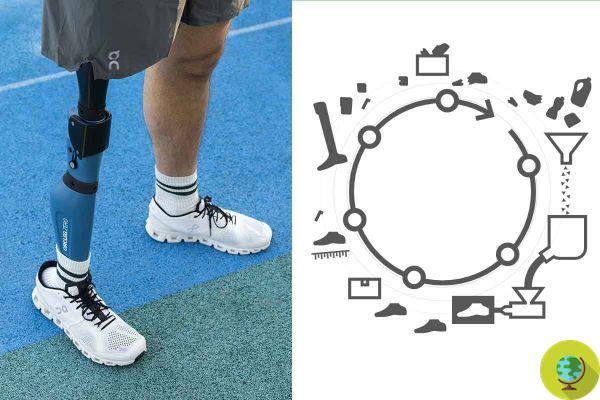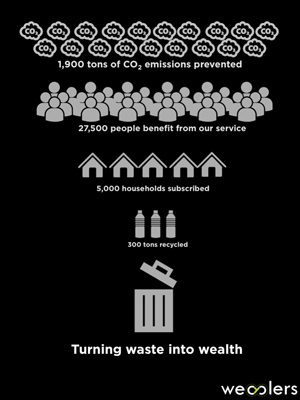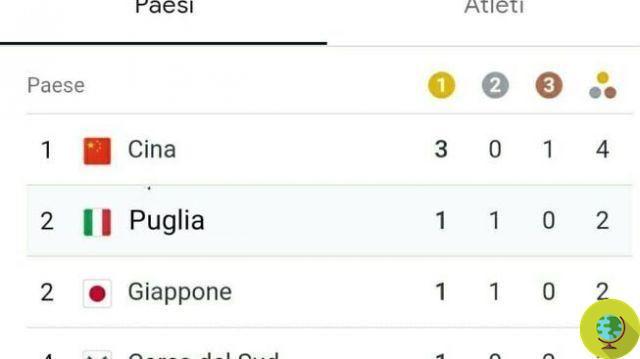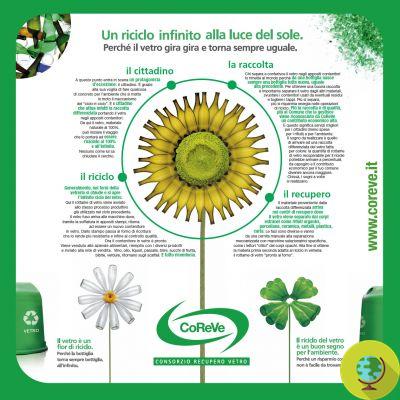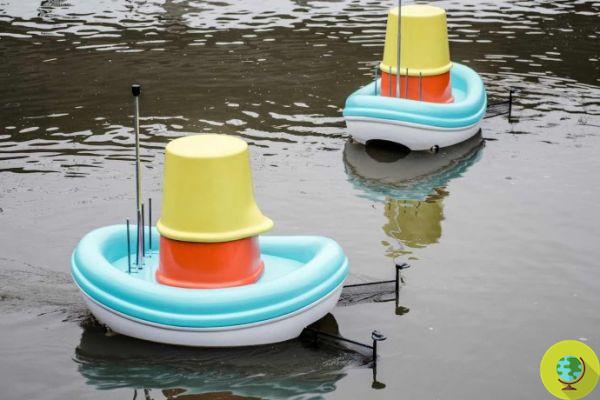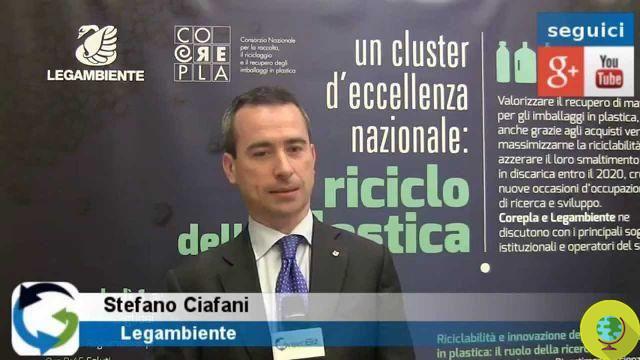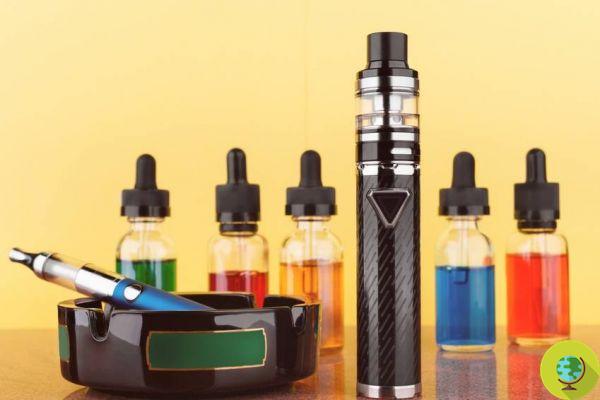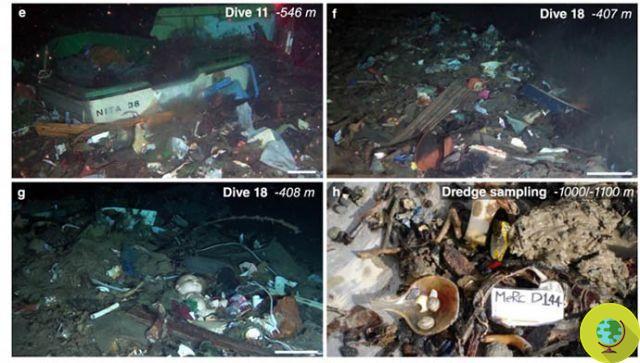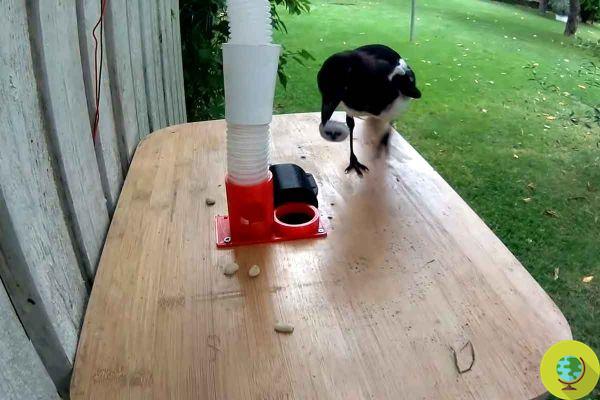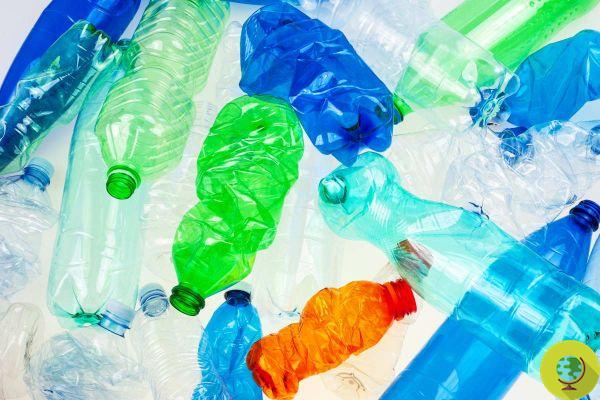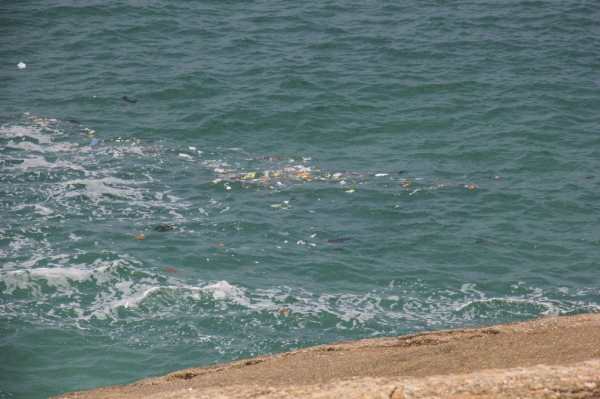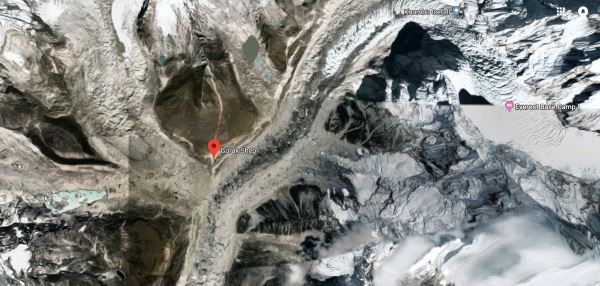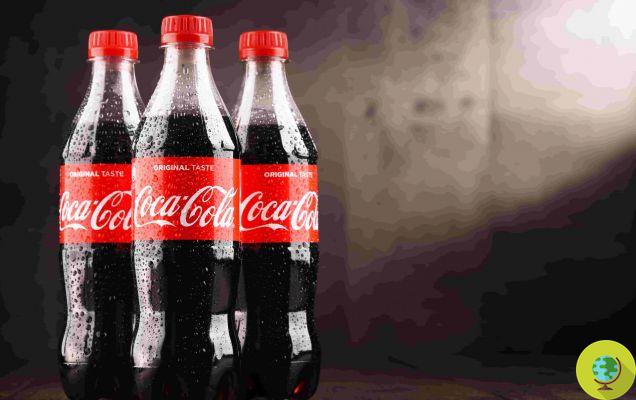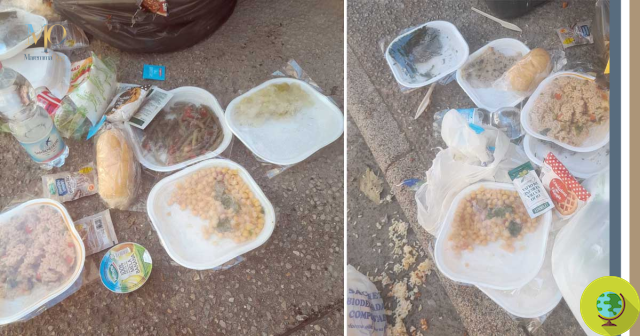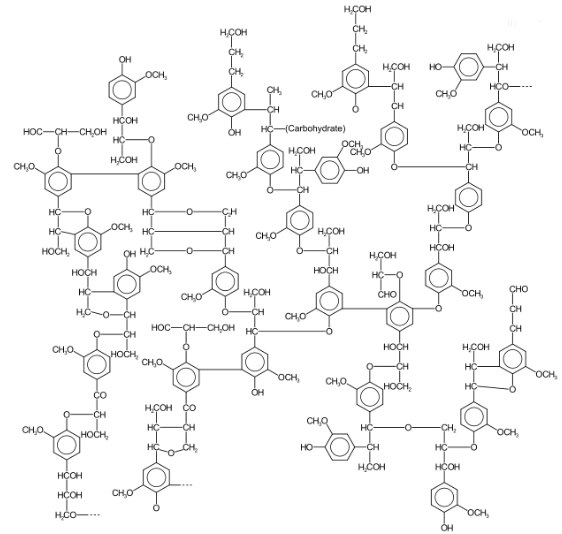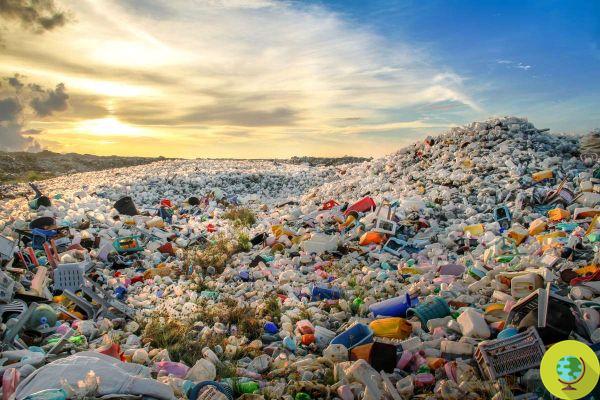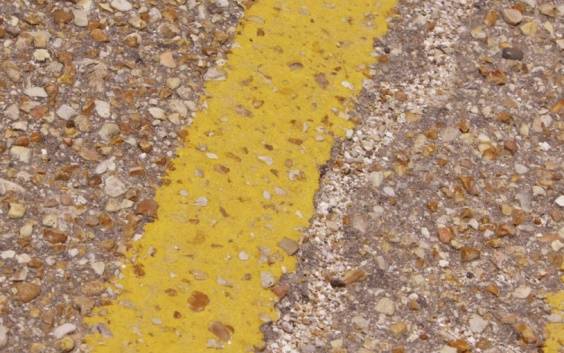Eternal plastic? A 23-year-old girl, Miranda Wang, has found a way to degrade it by obtaining products that can be used for many applications (without using oil). A technology (from which the specialized company BioCellection was founded) that on a large scale could significantly reduce the indestructible plastic that plagues our seas (and beyond). This just allowed her to win the 2019 Rolex Awards for Enterprise
He is about to end up run over, his mother saves him
Eternal plastic? A 23-year-old girl, Miranda Wang, has found a way to degrade it by obtaining products that can be used for many applications (without using oil). A technology (from which the specialized company BioCellection was founded) that on a large scale could significantly reduce the indestructible plastic that plagues our seas (and beyond). This just allowed her to win the 2019 Rolex Awards for Enterprise.
Plastics are made of very long polymers, that is chains of chemical compounds that are all the same, almost never biodegradable and therefore almost permanent in the environment. But the key to their "destruction" seems to be the use of a catalyst, or a molecule that makes the "cutting" reaction much faster and cheaper.
Bacteria naturally present cannot make it and there are also several problems for the chemistry, except for a few cases in the study phase involving the use of enzymes. The problem arises from the difficulty of breaking the chains made by bonds between very stable carbon atoms. To do this, high temperatures are required, but these involve high costs and emissions into the atmosphere that are not very environmentally friendly.
The solution (maybe)? "We have identified a catalyst that cuts polymer chains to trigger an intelligent chain reaction, at atmospheric pressure and at a temperature that can be managed by a kettle - reads the company's website - Once the polymer breaks into pieces with less than 10 carbon atoms, the oxygen in the air is added to the chain and forms precious species of organic acids that can be collected, purified and used to make the products we love ”.
Catalysts are molecules that facilitate very complex reactions, acting in different ways but with the same basic principle, that is by modifying its mechanism. Proceeding in a different way, everything changes and, if the catalyst is really effective, a higher speed is recorded, perhaps with lower temperatures and pressures, therefore with lower costs. Another advantage: the catalyst can be recovered at the end of the reaction for many consecutive cycles.
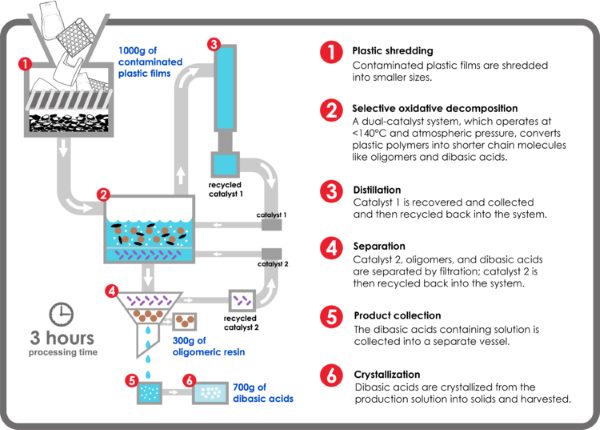
Foto: Biocellection
The technology proposed by Miranda Wang also promises simple and therefore potentially industrializable apparatuses, as well as the recovery of useful products for other applications and above all not derived from petroleum, adding another benefit to the environment.
“Our product is a blend of dibasic esters containing 4 to 9 carbon atoms - the website reads again - No other team has created such products from post-consumer plastic waste! Ethers are now produced using petroleum and are essential for making a variety of fabrics and materials. Our innovation uses plastic waste by replacing oil as a resource for sustainable supply chains".
The company will conduct a pilot demonstration of its process next October by converting 17 tons of plastic waste in 6 tons of valuable chemicals in 3 months. The team subsequently plans to build a larger apparatus to continue recycling materials and expand their research to include recycling of other plastics as well.
Conquered the Rolex Awards for Enterprise 2019
Thanks to her discovery, Miranda Wang was awarded the prize of 10 thousand Swiss francs and a rolex set up by the Crown House in 1976. The award is dedicated to people between the ages of 25 and 49.
Among the other winners, the Brazilian Joao Campos-Silva, the French Grégoire Courtine, the Ugandan Brian Gitta and the Indian Krithi Karanth.
Read also:
- Scientists accidentally discovered the "plastic-eating" enzyme
- Enzymes discovered that turn waste into bioplastic and fuel (without using oil)
Cover photo: NBC Philadelphia




